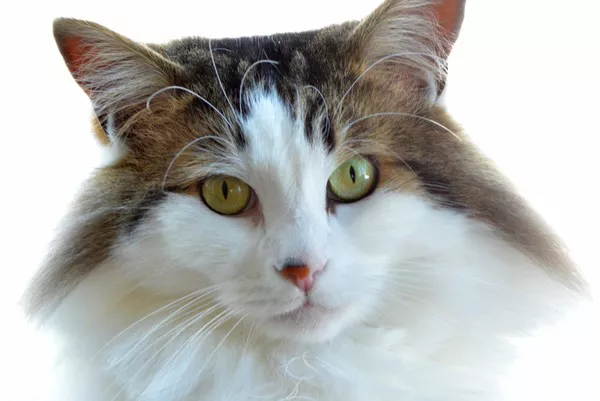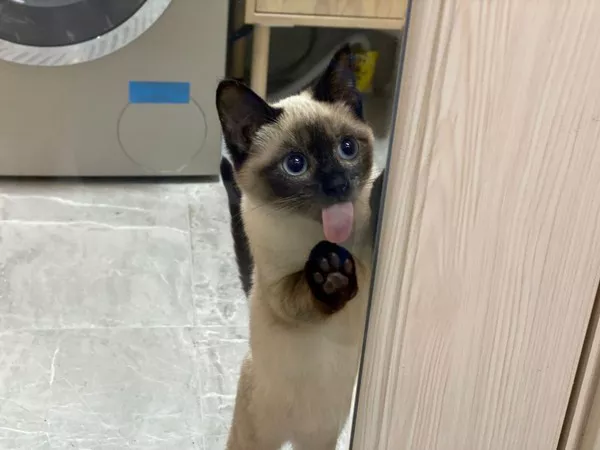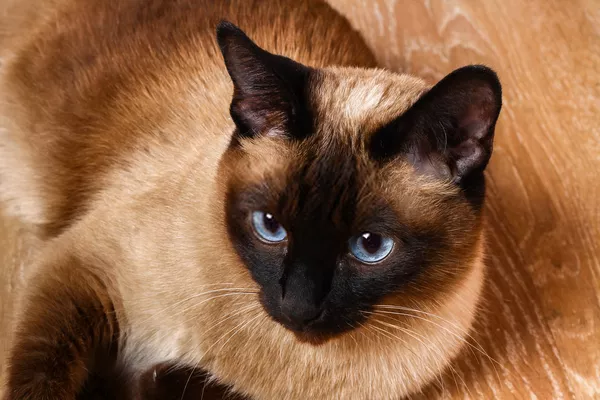Down syndrome, a chromosomal disorder characterized by intellectual disabilities and distinct physical features, is well-documented in humans. However, when it comes to our feline companions, there is much confusion and misinformation surrounding the possibility of cats having Down syndrome. In this comprehensive article, we delve into the complex world of feline genetics to answer the question: Can cats have Down syndrome?
Understanding Down Syndrome in Humans
Before exploring the potential presence of Down syndrome in cats, it’s essential to grasp the fundamentals of the disorder in humans. Down syndrome, also known as trisomy 21, occurs when there is an extra copy of chromosome 21. This genetic anomaly leads to developmental delays, cognitive impairment, and various medical conditions, such as congenital heart defects and gastrointestinal abnormalities.
The Genetics of Cats
Cats, like humans, possess a unique set of chromosomes that determine their genetic makeup. Domestic cats typically have 19 pairs of chromosomes, totaling 38 chromosomes. These chromosomes contain the genes responsible for various traits and characteristics, including coat color, eye color, and overall health.
Can Cats Have Down Syndrome?
While Down syndrome is well-documented in humans, the concept of Down syndrome in cats is more nuanced. Unlike humans, cats do not have a chromosome 21 equivalent. Instead, they have their own unique chromosomal composition, making the direct occurrence of Down syndrome as observed in humans highly unlikely.
However, despite the absence of trisomy 21 in cats, certain genetic conditions and developmental abnormalities may exhibit symptoms reminiscent of Down syndrome. These conditions are often characterized by intellectual disabilities, physical abnormalities, and health issues that may resemble some aspects of Down syndrome in humans.
Conditions Resembling Down Syndrome in Cats
Feline Cerebellar Hypoplasia (CH): Cerebellar hypoplasia is a neurological condition characterized by underdevelopment of the cerebellum, the part of the brain responsible for motor coordination and balance. Cats with CH may exhibit unsteady movements, tremors, and difficulty coordinating their movements, resembling the motor impairments seen in individuals with Down syndrome.
Feline Craniofacial Abnormalities: Some cats may be born with craniofacial abnormalities that affect the structure of their skulls and facial features. These abnormalities can result in facial asymmetry, shortened noses, and protruding tongues, which may bear resemblance to the facial characteristics associated with Down syndrome.
Genetic Disorders: Certain genetic disorders, such as Manx syndrome in tailless Manx cats or feline dwarfism, can result in physical abnormalities and developmental delays in affected cats. While these conditions are distinct from Down syndrome, they may share some overlapping features, such as skeletal deformities and growth abnormalities.
Congenital Health Conditions: Cats may be born with congenital health conditions that affect their overall development and well-being. These conditions can range from heart defects to gastrointestinal abnormalities, mirroring some of the medical complications associated with Down syndrome in humans.
Navigating Misconceptions and Providing Support
Despite the absence of Down syndrome in cats as understood in humans, it’s crucial for pet owners to recognize and address any health issues or developmental abnormalities their feline companions may experience. Early detection and intervention can significantly improve the quality of life for affected cats and ensure they receive the appropriate care and support they need.
If you suspect that your cat may be experiencing developmental delays or health issues, consult with a veterinarian for a comprehensive evaluation and diagnosis. Veterinarians can conduct thorough examinations, diagnostic tests, and genetic screenings to identify any underlying conditions and develop appropriate treatment plans.
See also: 9 Things to Consider When Buying a Kitten
In Conclusion
While cats do not experience Down syndrome in the same manner as humans, they may be susceptible to certain genetic conditions and developmental abnormalities that exhibit similar characteristics. By understanding the complexities of feline genetics and being vigilant about monitoring our cats’ health and well-being, we can provide them with the best possible care and support throughout their lives.
As responsible pet owners, it’s essential to prioritize our cats’ health and seek professional guidance whenever necessary. By working closely with veterinarians and staying informed about feline health issues, we can ensure that our beloved feline companions lead happy, healthy, and fulfilling lives, free from misconceptions and misinformation.













![Do Birman Cats Like to Cuddle? [Revealed!]](https://www.catsmeowweb.com/wp-content/uploads/2023/06/burmese-cat-6.webp)













